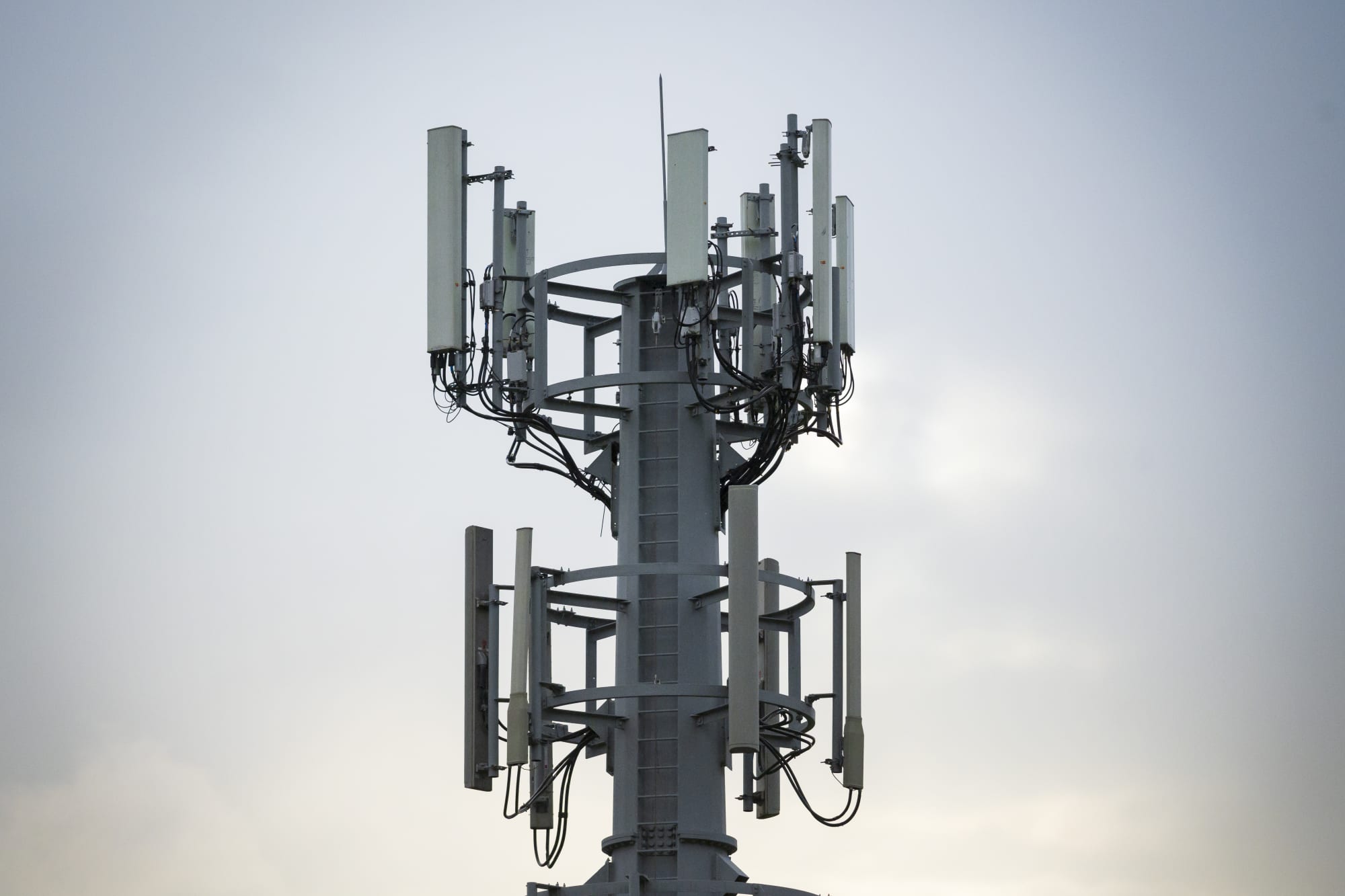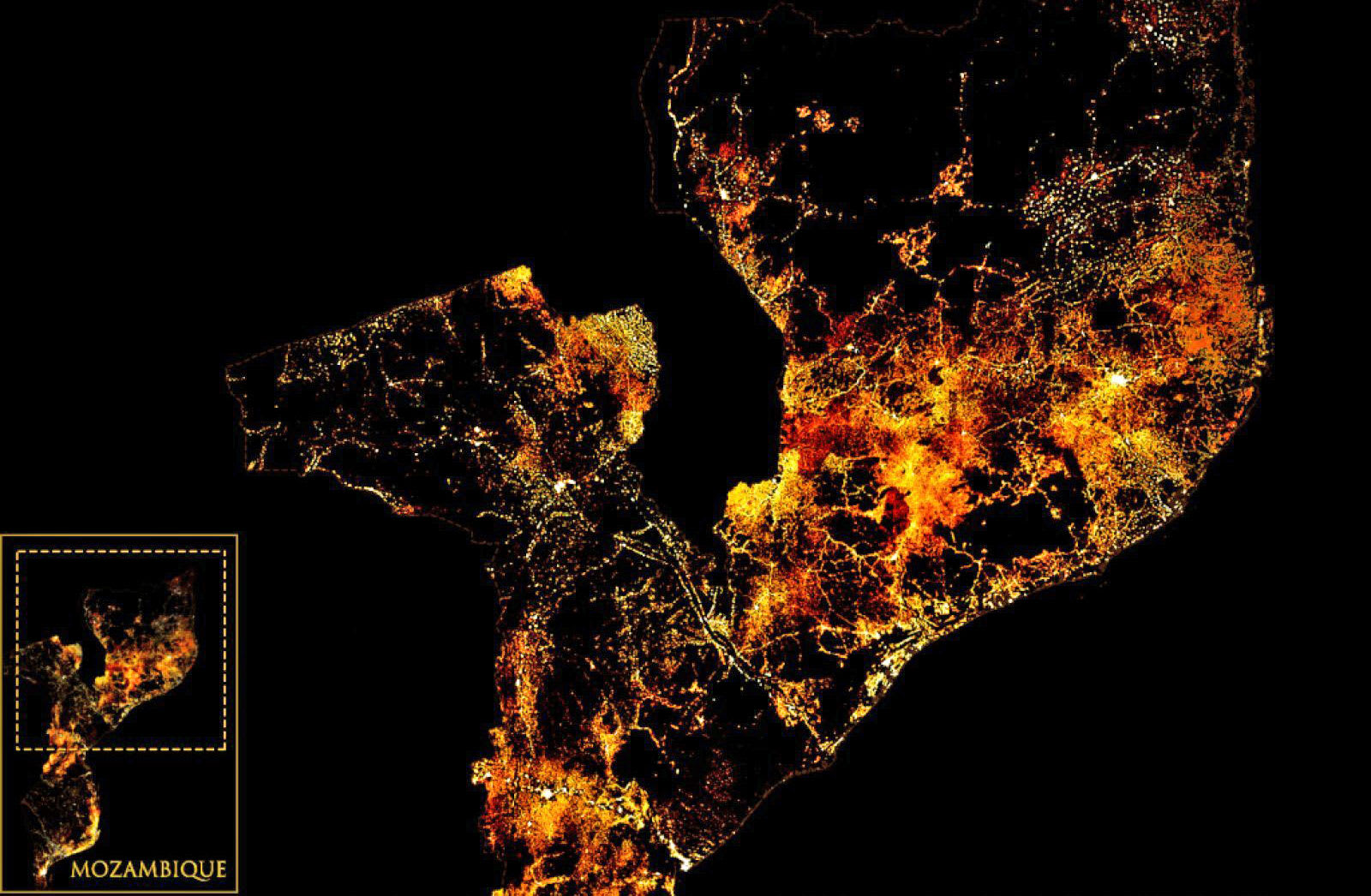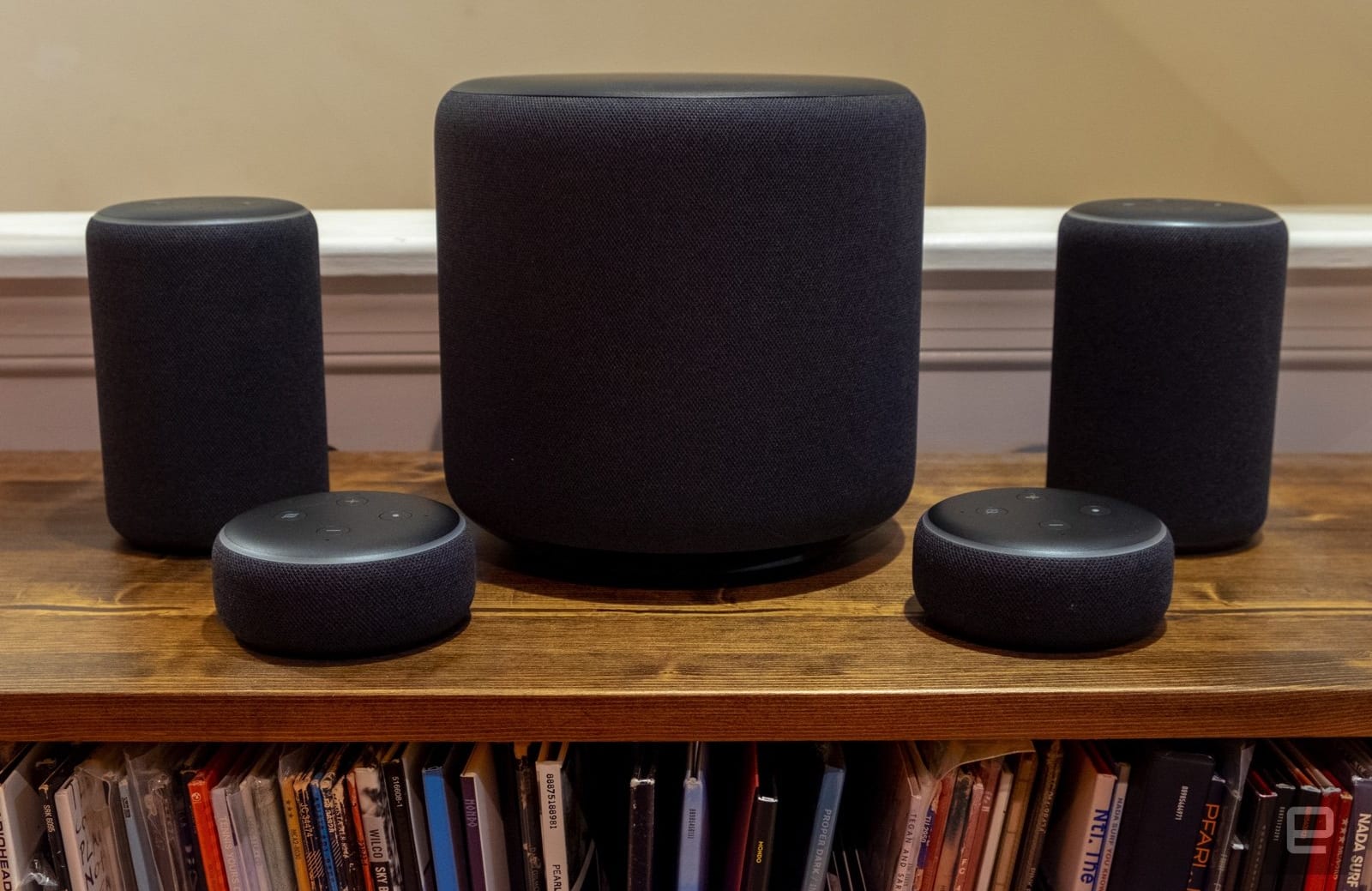
The NSA's been rather busy over the past few years, tracking everything from your emails to phone calls, and now the New York Times is reporting that it even conducted a secret project to collect data about the location of American's cellphones in 2010 and 2011. The project was ultimately not implemented and only recently surfaced in a pre-written answer for the director of national intelligence, James R. Clapper, should the subject come up in a Senate Judiciary Committee hearing. According to the Times, details about the project are scarce, and Senator Ron Wyden said that "the real story" behind the project has yet to be declassified. The answer obtained by the paper reads:
"In 2010 and 2011 N.S.A. received samples in order to test the ability of its systems to handle the data format, but that data was not used for any other purpose and was never available for intelligence analysis purposes."
Filed under: Cellphones, Mobile
Comments
Source: New York Times
 Authorities in Denmark are reviewing more than 10,000 court cases to see if flawed cellphone location data may have led to wrongful convictions, according to The New York Times. The review stems from two recently discovered bugs. The first caused the...
Authorities in Denmark are reviewing more than 10,000 court cases to see if flawed cellphone location data may have led to wrongful convictions, according to The New York Times. The review stems from two recently discovered bugs. The first caused the...
 Authorities in Denmark are reviewing more than 10,000 court cases to see if flawed cellphone location data may have led to wrongful convictions, according to The New York Times. The review stems from two recently discovered bugs. The first caused the...
Authorities in Denmark are reviewing more than 10,000 court cases to see if flawed cellphone location data may have led to wrongful convictions, according to The New York Times. The review stems from two recently discovered bugs. The first caused the...
 New York City could become the first city in the country to ban the sale of geolocation data to third parties. A bill introduced today would make it illegal for cellphone and mobile app companies to sell location data collected in the city. It would...
New York City could become the first city in the country to ban the sale of geolocation data to third parties. A bill introduced today would make it illegal for cellphone and mobile app companies to sell location data collected in the city. It would...
 Facebook has created highly detailed population maps to help health organizations, researchers and universities tackle disease outbreaks and plan public health campaigns. They focus on population density with demographic estimates, how people move an...
Facebook has created highly detailed population maps to help health organizations, researchers and universities tackle disease outbreaks and plan public health campaigns. They focus on population density with demographic estimates, how people move an...
 The landlords of one Manhattan apartment building have been ordered to provide physical keys to tenants who don't want to use smart locks. The decision was reached in a settlement after tenants sued their landlord for installing Latch smart locks las...
The landlords of one Manhattan apartment building have been ordered to provide physical keys to tenants who don't want to use smart locks. The decision was reached in a settlement after tenants sued their landlord for installing Latch smart locks las...
 It emerged earlier this month that thousands of Amazon employees are reviewing some Alexa recordings (which are captured after you've said the wake word). The auditors transcribe, annotate and analyze a selection of commands to help improve Alexa. Bu...
It emerged earlier this month that thousands of Amazon employees are reviewing some Alexa recordings (which are captured after you've said the wake word). The auditors transcribe, annotate and analyze a selection of commands to help improve Alexa. Bu...
 The City of Los Angeles is fighting for access to data from an unlikely source: scooters. City officials want to use location data from Uber-owned Jump's dockless scooters to inform public transit policies. But the company says that could lead to "an...
The City of Los Angeles is fighting for access to data from an unlikely source: scooters. City officials want to use location data from Uber-owned Jump's dockless scooters to inform public transit policies. But the company says that could lead to "an...
